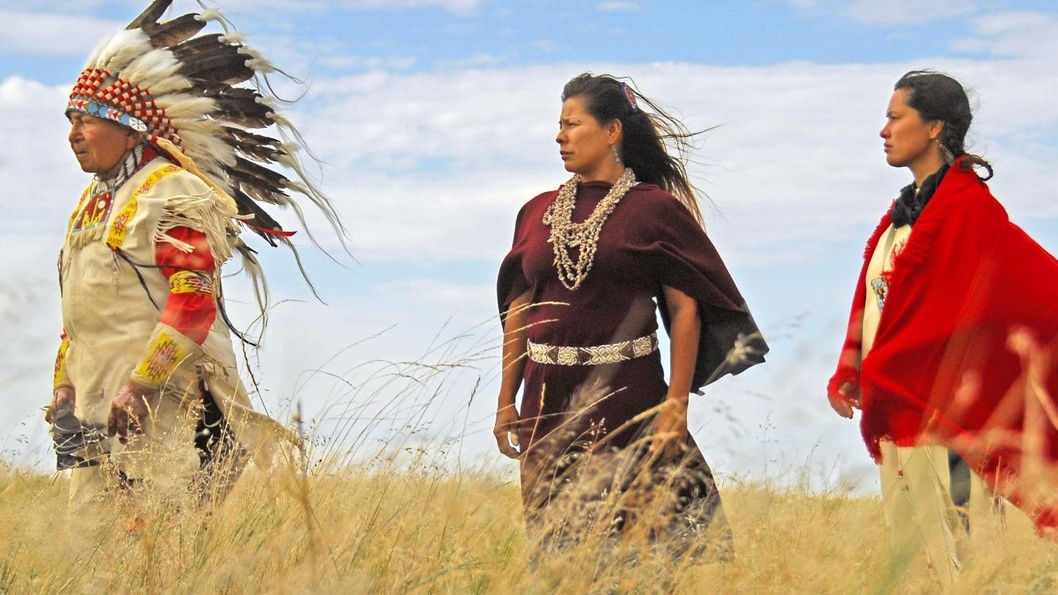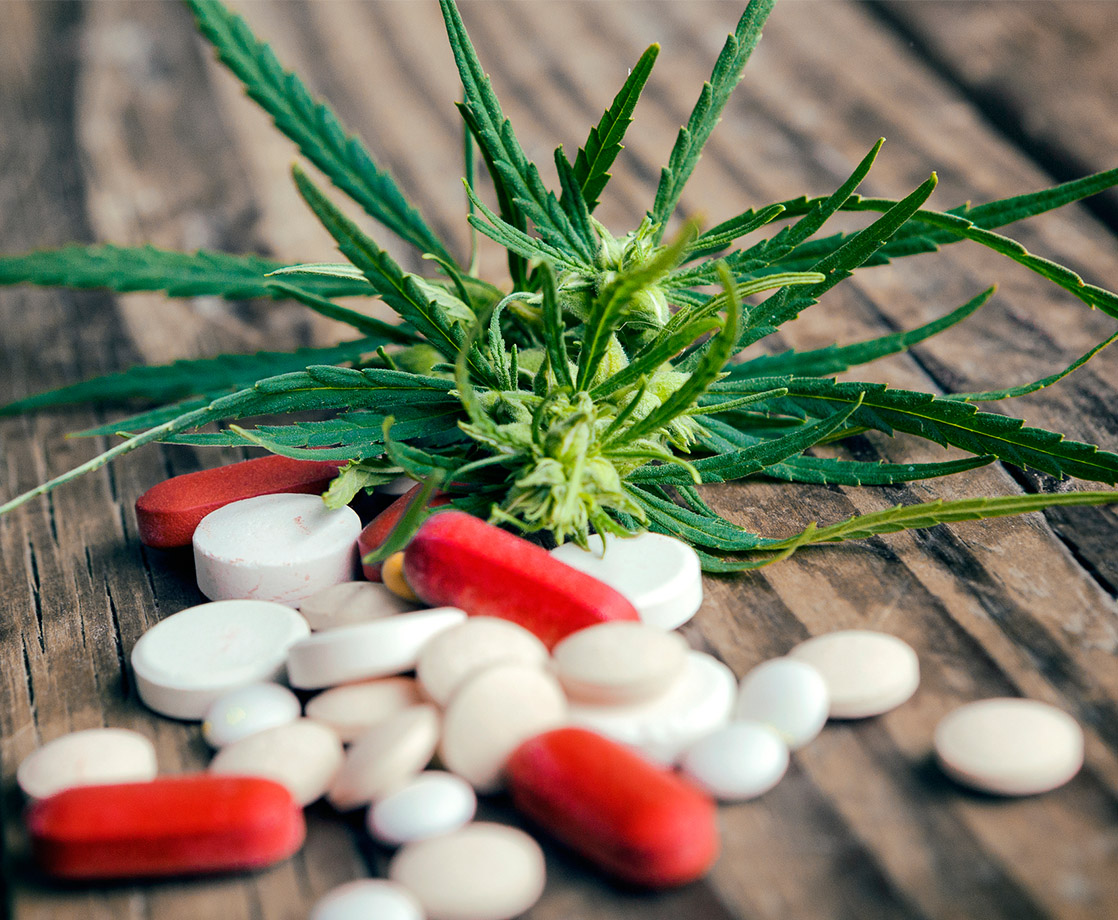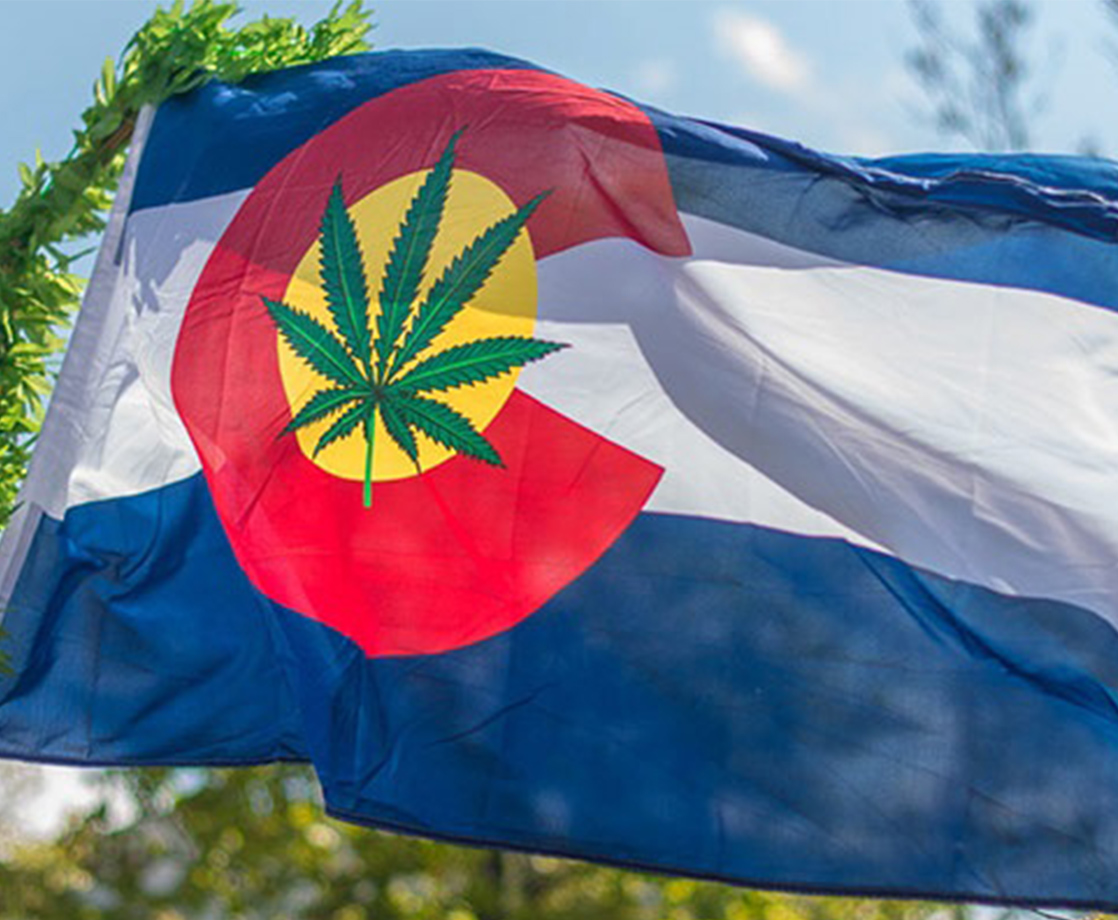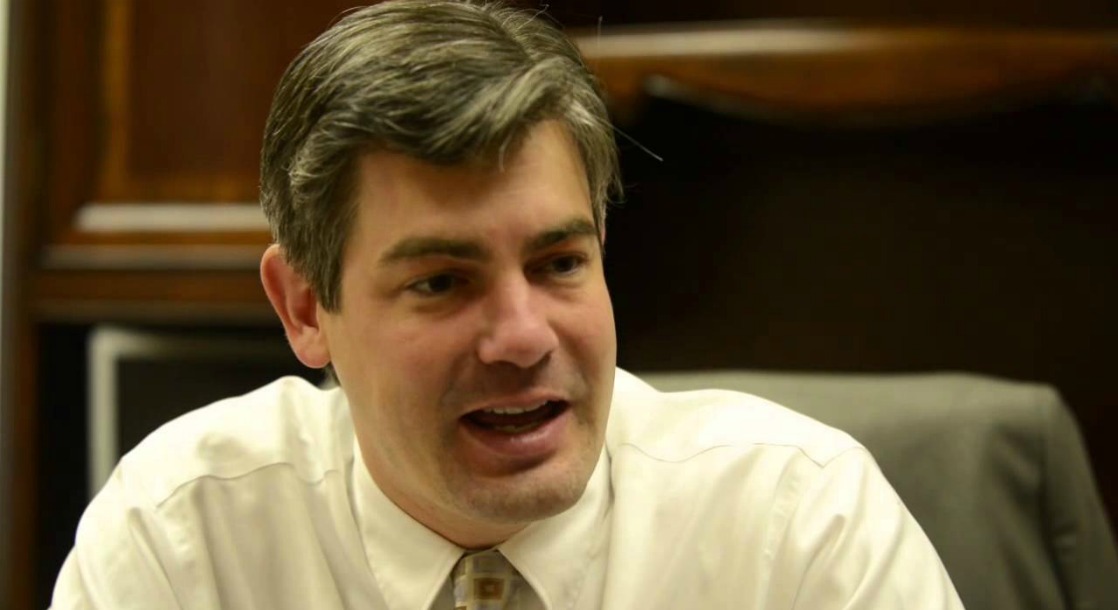The Flandreau Santee Sioux Tribe are gearing up to open South Dakota’s first and only medical cannabis dispensary on July 1st, the day that medical pot officially becomes legal in the state.
South Dakota voters legalized medical marijuana via a ballot measure last fall, but although the law takes effect this week, prohibitionist Governor Kristi Noem has delayed the rollout of the program until next year. But while the rest of the state waits around for politicians to draw up the regulations for the official program, the Flandreau Tribe is ready to open the doors of its own legal dispensary.
The Flandreau Santee Sioux Tribe is a sovereign nation and is therefore not required to abide by state medical marijuana laws or regulations. The tribe did decide to delay the dispensary’s opening day until the official legalization date, though, to ensure that patients are not arrested after leaving tribal land.
To qualify for a medical marijuana ID card through the tribe, an applicant must be diagnosed with a chronic or debilitating disease by a licensed medical professional. Patients suffering from AIDS, anorexia, arthritis, cancer, migraines, multiple sclerosis, glaucoma, or other conditions that can effectively be treated by cannabis are eligible to apply, as long as they have a recommendation from any doctor that is licensed to prescribe drugs to humans.
Anyone wishing to enroll in the program can download an application from the tribe’s website. Applications can be mailed or faxed to the tribal office, or hand-delivered to the office or the dispensary itself. The tribe will also honor valid medical marijuana cards issued by any other country, state, tribe, or territory. The application fee for enrolling in the program is $50.
“The tribe’s goals for the development of cannabis is similar to other jurisdictions,” the tribe said in a news release, according to the Sioux Falls Argus Leader. “It wants a safe product to produce revenue for tribal programs, to curtail black-market sales of cannabis, and to prevent illegal diversion, especially to children. The program that it developed does that, and also complies with the Department of Justice memoranda that were issued in 2013 and 2014.”
Last March, the Oglala Sioux Tribe also voted to legalize medical and adult-use cannabis on tribal lands in South Dakota. The tribe also voted to ban alcohol at its casinos, and members are now floating the idea of transforming them into pot resorts. The Flandreau Santee Sioux Tribe actually considered opening its own recreational pot resort back in 2015, but backed down after learning that the feds were planning to raid them.
July 1st was also supposed to be the day that adult-use cannabis became legal in South Dakota, but state cops and politicians conspired to block the will of their constituents. Governor Noem encouraged state cops to file a legal challenge against the voter-approved measure, and the state Supreme Court agreed to strike it down this February. The case is still being appealed, but a final decision will not occur before the original start date for the adult-use law has come and gone.











